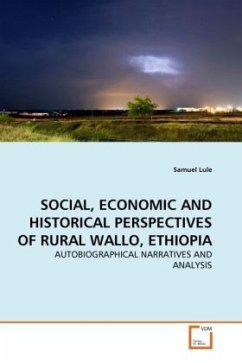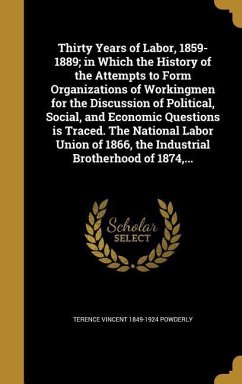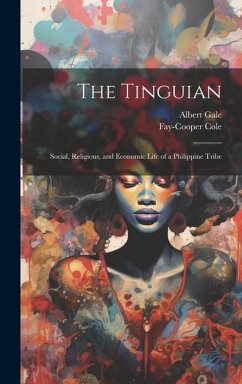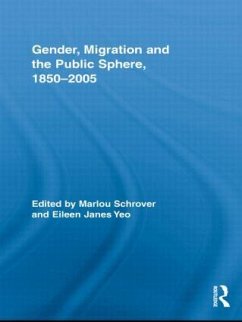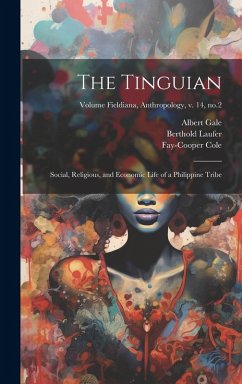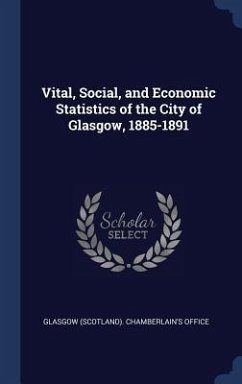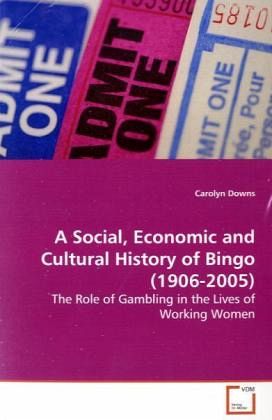
A Social, Economic and Cultural History of Bingo (1906-2005)
The Role of Gambling in the Lives of Working Women
Versandkostenfrei!
Versandfertig in 6-10 Tagen
52,99 €
inkl. MwSt.

PAYBACK Punkte
26 °P sammeln!
This Social History of Bingo takes the long view onpresumptions that bingo is a game rooted in thecommercialization of gambling in the 1960s. Itrebuffs the notion that in the 1960s commercialgambling entrepreneurs targeted women who had neverpreviously gambled; enticing them with a new form ofgambling. This work investigates whether a traditionof playing games of chance existed amongst women, andseeks to establish whether this included gamblingamongst working class women, who would nowadays makeup the majority of players of bingo. The nature andinfluence of bingo on British culture,links betwe...
This Social History of Bingo takes the long view on
presumptions that bingo is a game rooted in the
commercialization of gambling in the 1960s. It
rebuffs the notion that in the 1960s commercial
gambling entrepreneurs targeted women who had never
previously gambled; enticing them with a new form of
gambling. This work investigates whether a tradition
of playing games of chance existed amongst women, and
seeks to establish whether this included gambling
amongst working class women, who would nowadays make
up the majority of players of bingo. The nature and
influence of bingo on British culture,
links between bingo and criminality, the move of
bingo-specific language into wider use and the
potential of bingo to cause moral panics are all
examined in a book that applies scholarship to a
leisure pursuit that has long been treated as a
something of a joke by middle-class society.
presumptions that bingo is a game rooted in the
commercialization of gambling in the 1960s. It
rebuffs the notion that in the 1960s commercial
gambling entrepreneurs targeted women who had never
previously gambled; enticing them with a new form of
gambling. This work investigates whether a tradition
of playing games of chance existed amongst women, and
seeks to establish whether this included gambling
amongst working class women, who would nowadays make
up the majority of players of bingo. The nature and
influence of bingo on British culture,
links between bingo and criminality, the move of
bingo-specific language into wider use and the
potential of bingo to cause moral panics are all
examined in a book that applies scholarship to a
leisure pursuit that has long been treated as a
something of a joke by middle-class society.




